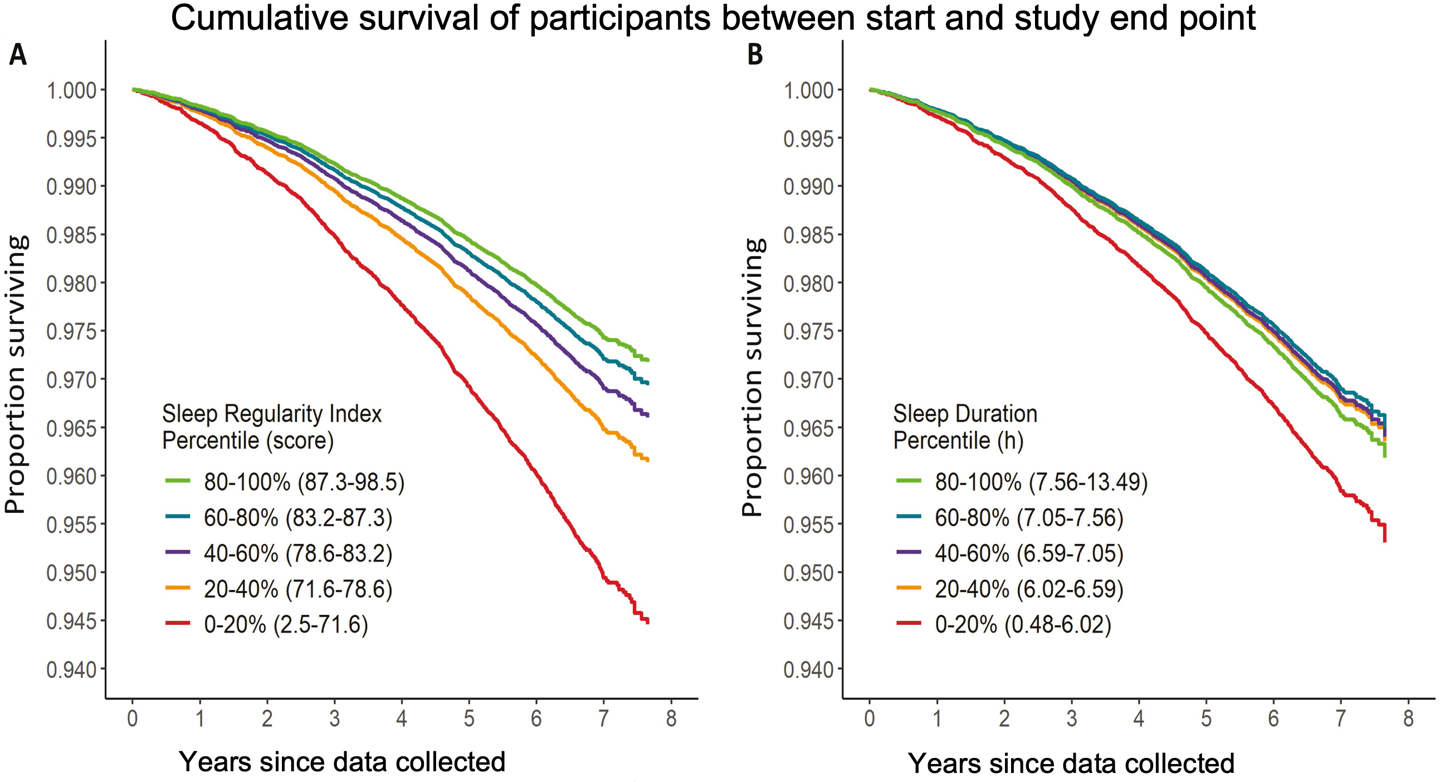Unlocking the Power of Consistent Sleep
Sleep is one of the most important things that we need for good health but how much do you really know about it and are you sleeping well? Sleep is often overlooked but it is vitally important and can be your superpower if used properly.
J Robinson
1/2/20242 min read


Introduction:
Sleep isn't just about hours—it's about rhythm. While the duration of sleep is known to be important, its consistency or regularity, as revealed by recent research, emerges as a more significant factor in influencing health outcomes. Simply put the consistency of when we go to sleep and when we wake up is important for our health.
Quantifying the Impact:
Findings indicate that sleep regularity is an important predictor of mortality risk and a stronger predictor than sleep duration. Sleep regularity may be a simple, effective target for improving general health and survival.
A consistent sleep pattern correlates with a staggering reduction of up to 50% in all-cause mortality, up to 40% in cancer mortality and 60% in cardiometabolic mortality compared to irregular sleep cycles, as supported by recent research findings.
Studies have shown that shift workers are statistically proven to die up to 15 years earlier than standard-hours workers. However, what might shock you is that if you are awake for 2 hours between 10:00 pm and 4:00 am, 2 days a week for 25 weeks a year, you are classed as a shift worker.


Graph A shows how the Sleep Regularity Index (SRI) is more accurate than Sleep Duration in Graph B across the different percentiles.
Navigating the Circadian Maze:
Disruptions to our circadian rhythm, which is the natural physical, mental and behavioural changes that our bodies undergo in 24 hours, affect hormone production, growth, and even mental health. The consequences are far-reaching, influencing inflammation levels, disease susceptibility, and recovery markers such as resting heart rate and heart rate variability.
If you view light when you should be sleeping, it causes huge amounts of stress (inflammation) in your body. If this happens infrequently, it is no problem but if it happens regularly, it has been shown to increase cardiovascular disease and cancer and studies have shown that sleep disruption is present in the majority of mental health issues.
Our modern world bombards us with artificial light, disrupting melatonin (sleep-promoting hormone) production. Studies reveal that a consistent sleep schedule boosts melatonin production by up to 40%, reducing inflammation and fortifying our defence against diseases.
Practical Strategies for Better Sleep:
In a world of constant movement, maintaining consistent sleep times can be challenging. Nevertheless, establishing a routine by waking up at a fixed time and optimising exposure to natural light can recalibrate our body clocks. Coupled with minimising artificial light after sunset you will dramatically improve your sleep regularity.
Conclusion:
Melatonin, influenced by our sleep regularity, emerges as a key player in our well-being. By acknowledging its impact and making small adjustments, we unlock a powerful tool for enhanced health and vitality.
Own your wellbeing. Master your leadership. Live your life.
Personalised Coaching for Impactful Leadership & Sustainable wellbeing.
Let’s talk about where you are and where you want to go.
Book a free discovery call to explore what’s possible.
